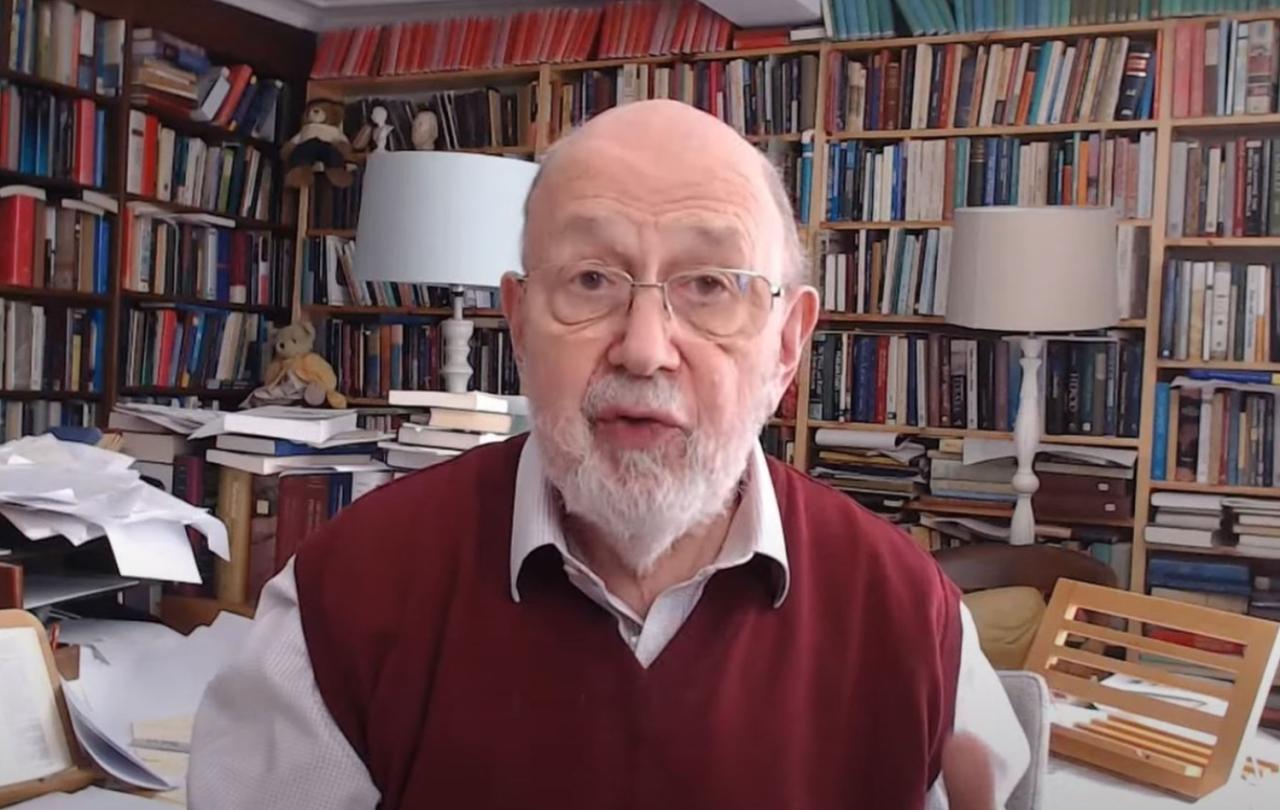Before I left for a holiday in the Balkans early this month, I decided on a book to take with me. Should I re-read Ann Wroe’s excellent Pilate: The biography of an invented man, in preparation for the podcast? No, I thought, there’s plenty of time for that. So I took a novel I’ve been meaning to read for decades, Mikhail Bulgakov’s The Master and Margarita.
Alarmingly, it turns out that Bulgakov’s novel has a recurrent deconstructive sub-plot of the fate of Pilate running throughout it. This was the sort of coincidence of which we’re taught to be suspicious at theological college. So I paid attention.
The book’s main narrative is a satire of Stalin’s post-revolutionary Russia. Satan, in the character of Woland, visits Moscow to see how things are going. Death and destruction ensue, as Woland and his weird retinue cause havoc. Yet, along the way (spoiler alert), he reconciles a crazed and failed author (the Master) to the love of his life (Margarita), which is not a bad thing to do.
A lot of it is in the rather annoying style of magic realism. But annoyance is a point. The work of a devil in human affairs is annoying, but it doesn’t have the last word, just as Pilate doesn’t.
What I took from this novel was the darkness of chaos before the divine order that is brought in the act of creation, from which humanity constantly falls back into chaos.
Woland isn’t really evil (he’s quite kind to Margarita and may even be in love with her), he’s just the agent of chaos, like Pilate. A lord of misrule, if you will.
We have many such agents of chaos in the world, from US and European politics, to Russia (again) and Ukraine, from Israel and Gaza to the famine of Sudan and the global technological interference of China.
Pilate, as he faces the mob bent of insurrection and baying for blood outside the praetorium, is an agent of worldly chaos too, a lord of misrule. But as Bulgakov’s novel tells us, he can be redeemed.
The difference between him and us is that we have the benefit of hindsight. When we ask despairingly, like him, on all the Good Fridays that afflict the world, “What is truth?”, we may not (also like him) recognise it.
But, unlike him, we have the chance finally to recognise that truth, as it stands right in front of us on Easter morning.


